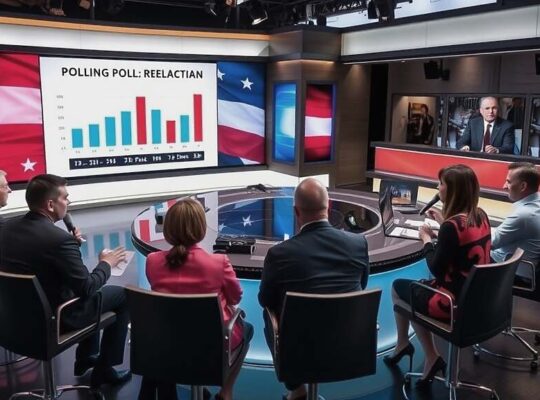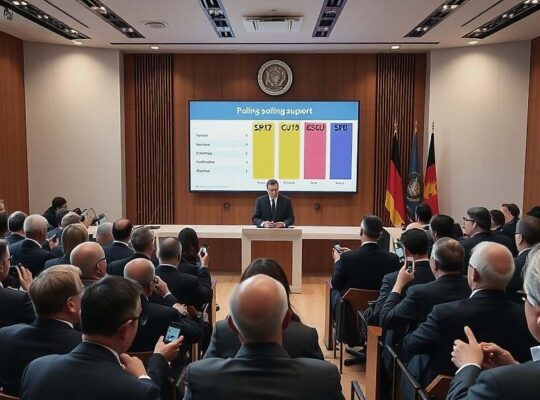A substantial majority of Germans, approximately three-quarters of the population, express support for the introduction of a mandatory six-month civic service requirement for all citizens, according to a recent Forsa poll commissioned by “Stern” magazine. The survey, conducted November 13th and 14th with a sample size of 1,009, reveals that only 23% oppose the concept, while 2% offered no opinion.
The debate surrounding this potential policy shift has resurfaced within discussions regarding military service reform and the pursuit of equitable conscription practices. Federal President Frank-Walter Steinmeier is a leading advocate for the concept, envisioning a system where all citizens dedicate a six-month period throughout their lives to public service, encompassing roles within the armed forces, disaster relief, or social care organizations.
While broad in its appeal, the level of support appears nuanced across the political spectrum. Interestingly, the idea enjoys particularly strong backing from supporters of the Green Party (90% in favor) and the conservative CDU/CSU (86%). SPD voters express moderate support at 77%. Significantly, the enthusiasm wanes considerably at the political fringes. AfD supporters, a demographic often critical of centralized authority and perceived social engineering, demonstrate only 62% support, with 37% voicing opposition. Left party voters reveal a similarly divided sentiment, with 62% in favor and 39% against.
This divergence in opinion highlights a potential political fault line. While the widespread support suggests a desire for greater social cohesion and a renewed sense of civic responsibility, the comparatively low levels of enthusiasm amongst those identifying with the AfD and Left parties could reflect deeper anxieties regarding individual liberties and government overreach. Future implementation of such a policy would necessitate careful consideration of these concerns and a thorough public dialogue to ensure broad acceptance and avoid exacerbating existing political divides. The data also underlines the need to scrutinize how such a program might disproportionately affect certain demographics, potentially perpetuating inequalities.












